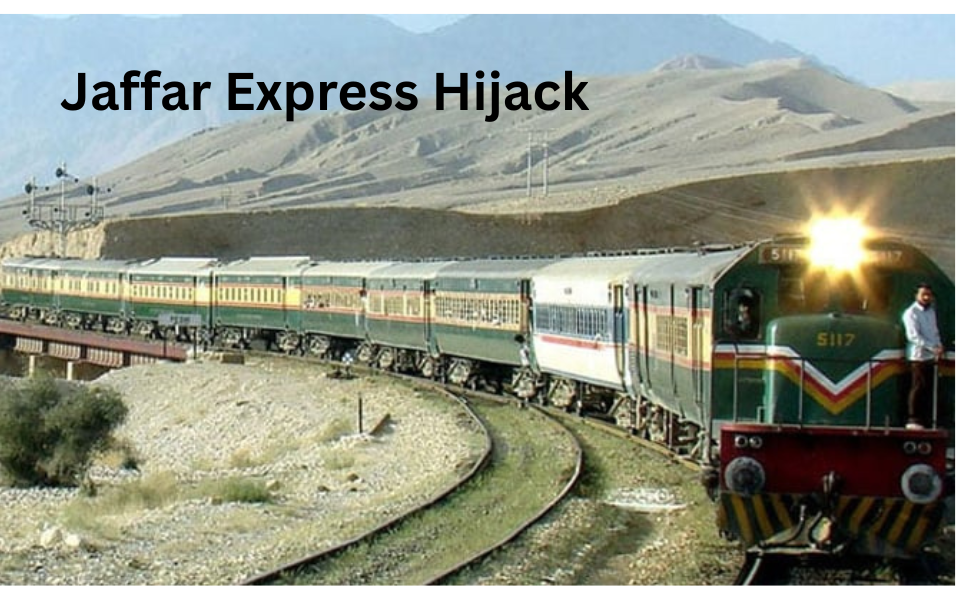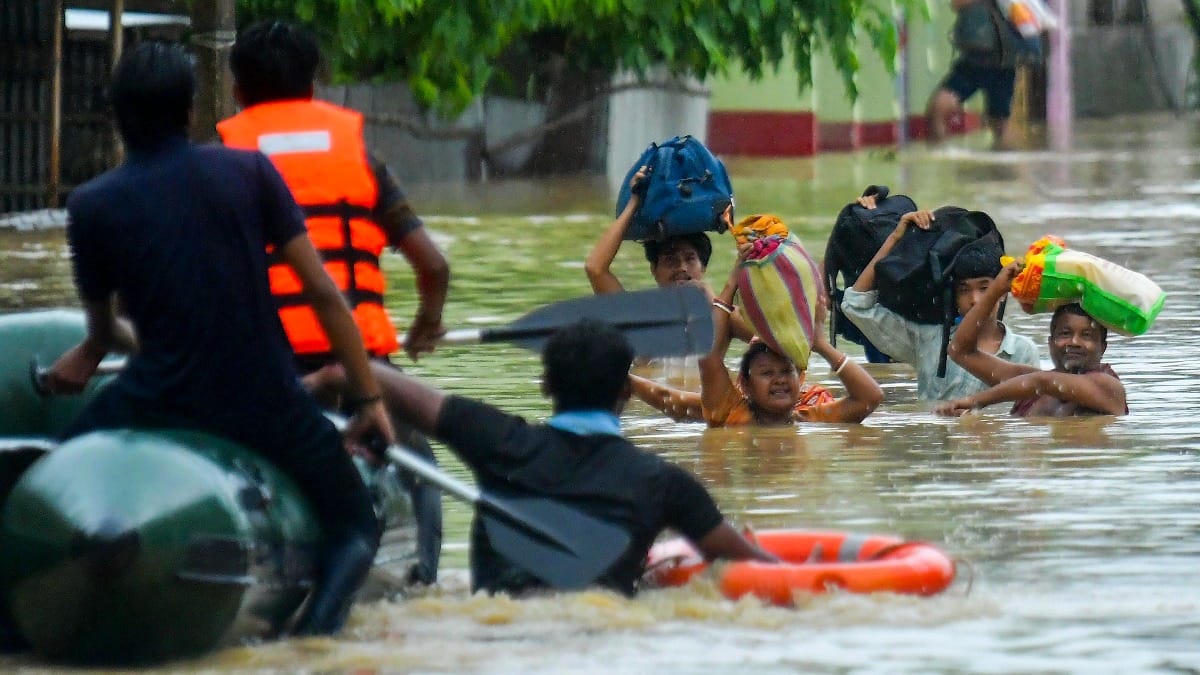
In a tragic incident that took place in the remote terrain of West Pakistan, militants hijacked the passenger train Zafar Express, triggering a tense 30-hour standoff that gripped the nation. The incident not only highlighted the ongoing security problems in the region but also reflected the bravery of the security forces, who were able to rescue over 100 hostages and eliminate 16 terrorists. Here is a comprehensive account of the events that unfolded on the scene, the heroic rescue operation, and the wider impact of the attack.
All the points in this post
The militants hijacked Incident
When armed militants took control of the Zafar Express, a regular passenger train traveling through Balochistan, it turned into a nightmare scenario. The attackers, believed to be members of a separatist group in the area, carried out their plan under the cover of the remote landscape. When the train stopped in a secluded area, there were more than 100 passengers on board, cutting off communication and leaving the passengers in a precarious position.
The Militants’ Demands and Actions
Armed and prepared for a prolonged siege, the militants immediately seized the hostages and used them as human shields to prevent the security forces from taking immediate action. Their political demands included the release of some prisoners and greater autonomy for Balochistan. As negotiations progressed, the psychological distress of many of the hostages was immense, and they feared for their lives.

Motives Behind the Attack
Although no group has officially claimed responsibility for the hijacking, suspicion has fallen on separatist groups active in Balochistan. For decades, the mineral-rich province has been a hotbed of unrest, with various groups advocating independence or greater autonomy. These groups often use violence to target government facilities, economic efforts and now, it seems, public transport.
Some analysts say the choice of targets may have symbolic significance. Trains are symbols of progress and unity because they are vital lifelines connecting different parts of the country. Interrupting this flow sends a powerful message and is a reminder of how fragile peace can be in some places. Others suggest the attack could be linked to broader geopolitical tensions, perhaps with foreign powers seeking to destabilize the region.
One thing is certain, whatever the motivation: acts of terrorism do nothing more than inflict pain and suffering on ordinary citizens. Pakistan urgently needs to address the root causes of extremism and promote dialogue among partners as it deals with the aftermath of this tragedy.
The Rescue Operation
The rescue operation was complicated by the rapid response of Pakistan’s security forces, who are known for their tactical skills and rigorous training. The complex terrain and the need to ensure the safety of the hostages complicated the rescue operation. After meticulous planning, the forces launched an attack, engaging in fierce gunfights with the militants. All the hostages were freed during the operation, which also resulted in the deaths of 16 militants. However, the victory resulted in casualties among both soldiers and passengers.
Aftermath and Reactions
The aftermath of the siege was mourned for the victims, but they were amazed by the courage displayed by the security forces. Government officials and military leaders praised the operation for its dedication to the fight against terrorism. The public and the international community have also responded, with many calling for sustained efforts to address the root causes of such violence.
Analysis and Implications
The incident serves as a stark reminder of the volatile security situation in parts of Pakistan and the wider region. It underscores the importance of maintaining vigilance and adapting counterterrorism strategies to new threats. Moreover, the attack has implications for Pakistan’s international relations, particularly in terms of regional stability and counterterrorism cooperation.
The End
While tragic, the Zafar Express hijacking demonstrates Pakistan’s shortcomings in the fight against terrorism. However, the successful rescue operation also demonstrated the resilience and capability of its security forces. As the nation moves forward, it is imperative to examine the lessons learned and intensify efforts to ensure the safety and security of all citizens.







